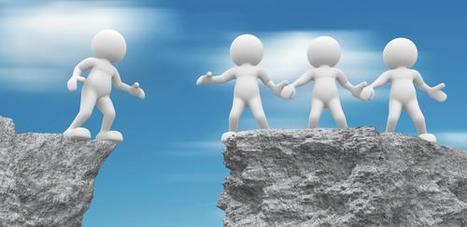Scientists from the Max Planck Institute for Evolutionary Biology in Plön and the University of Cologne have discovered that people select future social partners on the basis of their cooperative behaviour and not according to whether they punish the egoism of others.
This finding is surprising as it shows that people identify particularly altruistic partners in this way and could benefit from their behaviour. Consequently, people conceal uncooperative behaviour.
However, it remains a mystery as to why people would like to conceal occasions when they punish others for their self-interest, despite the fact that they have no sanctions to fear.



 Your new post is loading...
Your new post is loading...















